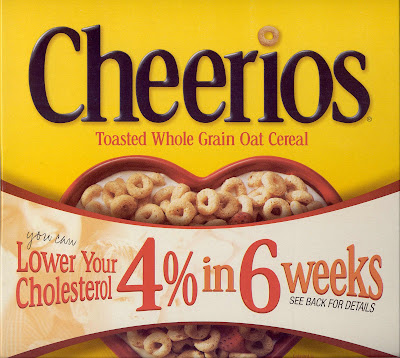Another Recall for Johnson & Johnson
 There was a broad recall of J&J products last Friday after the FDA found thick dust, grime and contaminated ingredients as well as a slew of other problems at a Pennsylvania J&J plant that produces Children's Tylenol and other products. They are urging consumers to stop using liquid Tylenol, Motrin, Benadryl, Children's Tylenol and Zyrtec for children and infants and instead to use private label products.
There was a broad recall of J&J products last Friday after the FDA found thick dust, grime and contaminated ingredients as well as a slew of other problems at a Pennsylvania J&J plant that produces Children's Tylenol and other products. They are urging consumers to stop using liquid Tylenol, Motrin, Benadryl, Children's Tylenol and Zyrtec for children and infants and instead to use private label products. According to FDA reports, there were 46 consumer complaints about dark material in the liquid products between June 2009 and April 2010, and J&J chose not to take action. On top of that this is not the first recall of the year, J&J has actually issued four major product recalls in the last year. What it comes down to is that J&J has a potential Consumer PR nightmare on their hands.
J&J stated that the quality problems at the plant "are unacceptable to us" and that it would continue to work closely with the FDA to fix them. The company has since suspended production at the plant. "We will not restart operations until we have taken the necessary corrective actions and can assure the quality of products made there," said a statement from J&J's McNeil Consumer Healthcare unit.
Many in the PR world know that J&J survived a massive recall of intentionally contaminated Tylenol products in the 1980s and its handling of the matter is widely studied as as a model business and public relations case.
Branding expert Robert Passikoff says that so far the company has done everything right in handling the latest recall."There's no way to excuse it and J&J isn't. What they're looking to do is fix whatever the problems are,and that goes a long way."
Do you agree with Robert Passikoff? Even in lite of all of the new knowledge that has been presented?
I personally agree with Pasikoff in that since the FDA reports, J&J does seem to be taking all of the proper crisis management steps including closing down the factory, issuing the recalls, and sending out the message that "this is unacceptable". Of course the other side of me still screams that these issues were easily avoidable if not totally manageable before the crisis point we're now at. The factories should have been kept clean of dust and grime, there should not have been pipes duct taped together, and there should never have been any areas where raw ingredients were being contaminated. So yes, the crisis is being managed, but could it have been managed better, earlier? What are your thoughts?
Read the full Reuters article here.
-Ashley for AMP3 Public Relations


Comments
Post a Comment